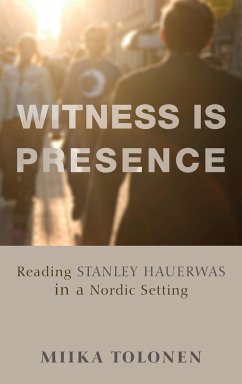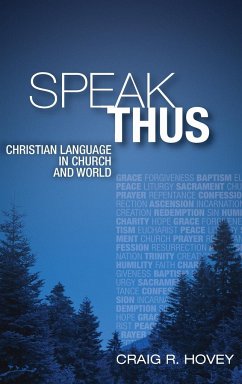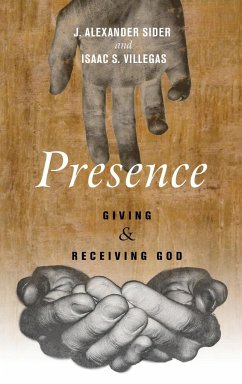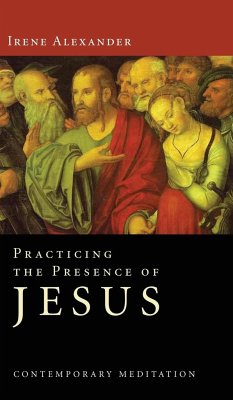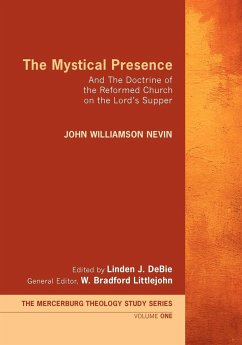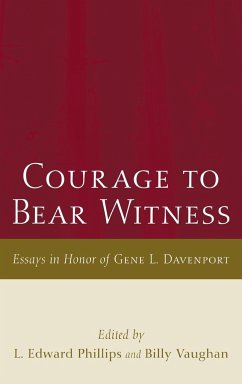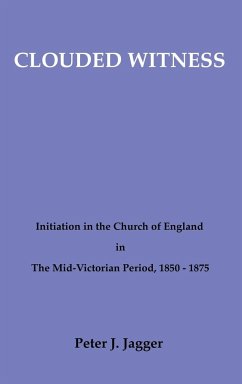In a postsecular cultural situation the conditions for understanding and communicating a Christian tradition have changed. None of the established religions can any longer claim monopoly in the "marketplace of religions." A claim of this study is that a postsecular situation characterized, among other things, by dwindling memberships in established churches as well as a new visibility of alternative religious expressions, opens up a need to reflect on alternative ways of understanding Christianity in its context. This study focuses on the question, how can a Christian tradition be communicated understandably in a postsecular context? In traditional terms: how can Christian witness be understood in our situation? It is to this need, according to this study, that the ecclesiology of Stanley Hauerwas provides a meaningful perspective. This perspective becomes relevant because in a postsecular context a Christian church, even a folk church, cannot assume to be in a position of majority or power. There is, therefore, a need to ask how to understand Christianity as a community of witness that is neither in power nor a majority. The study suggests that embodiment of Christian convictions becomes a central factor in a meaningful postsecular notion of witness.
Hinweis: Dieser Artikel kann nur an eine deutsche Lieferadresse ausgeliefert werden.
Hinweis: Dieser Artikel kann nur an eine deutsche Lieferadresse ausgeliefert werden.

